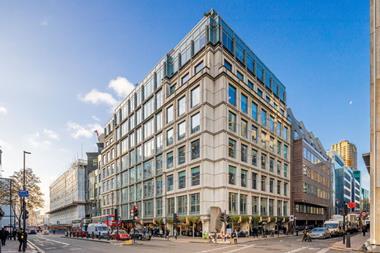Last month, Barclays hosted an insightful and thought-provoking webinar in partnership with Real Estate Balance, looking at the ways in which dynamic working has evolved during a unique year for three of our real estate clients.

In a year of significant change for employers and employees alike, it has become clear that for flexible working to succeed, there needs to be a cultural shift away from just a process-driven set of rights for individuals to genuine belief and trust that employees can work productively at home.
The panel discussed a typical pre-Covid scenario whereby agile working policies were in place but not adopted in a meaningful way; there were infrastructure and words but no obvious indication of flexible working in practice. The panel agreed that the pandemic has forced businesses to demonstrate trust and enablement – factors that have been integral to the success in shifting workforces away from the office.
It is also true that leaders in business are going to have to develop a whole new toolkit of skills to facilitate effective working in a post-Covid environment. For example, hybrid meetings, with physical and virtual employee presence, will require a new type of chairperson and structure.
Dominic Packwood, investment asset manager at The Crown Estate, outlined the importance of thoughtful interaction with young employees at the beginning of their career. We will no longer be able to rely on seeing people in the office to check in on them – a change that leaders must have sight of.
While dynamic working will likely become embedded in the culture of many organisations going forward, the role of the office should not be downplayed. Charlotte Dawidek, surveyor at JLL, astutely noted the pros and cons of working from home, highlighting the importance of connectivity with others in the office on employee mental health and wellbeing.
It is undeniable that the office remains a significant component of the future of work, with many seeing it as integral to developing talent, embedding culture and providing an environment for discussion, debate and even disagreement, and it is vital that we continue conversations like these as the working environment continues to evolve.
Jess Tomlinson is head of real estate London at Barclays




























No comments yet